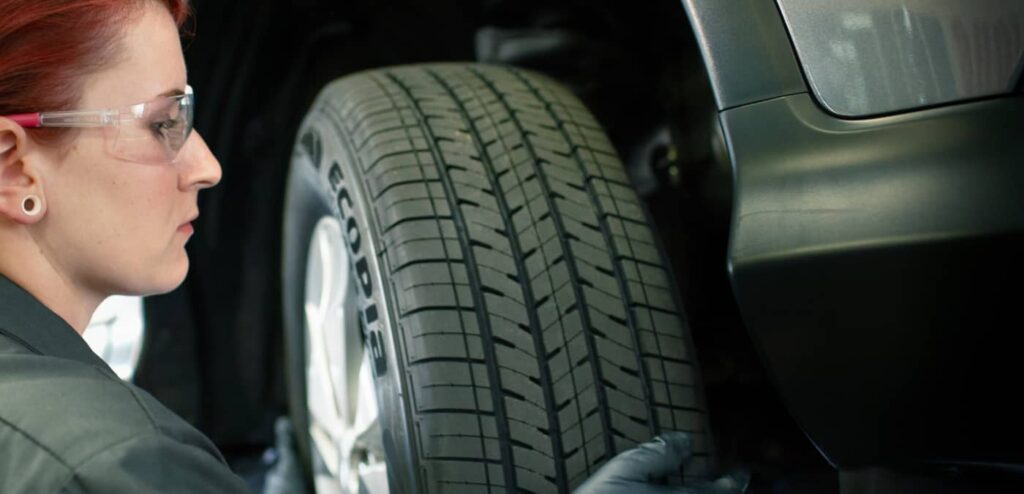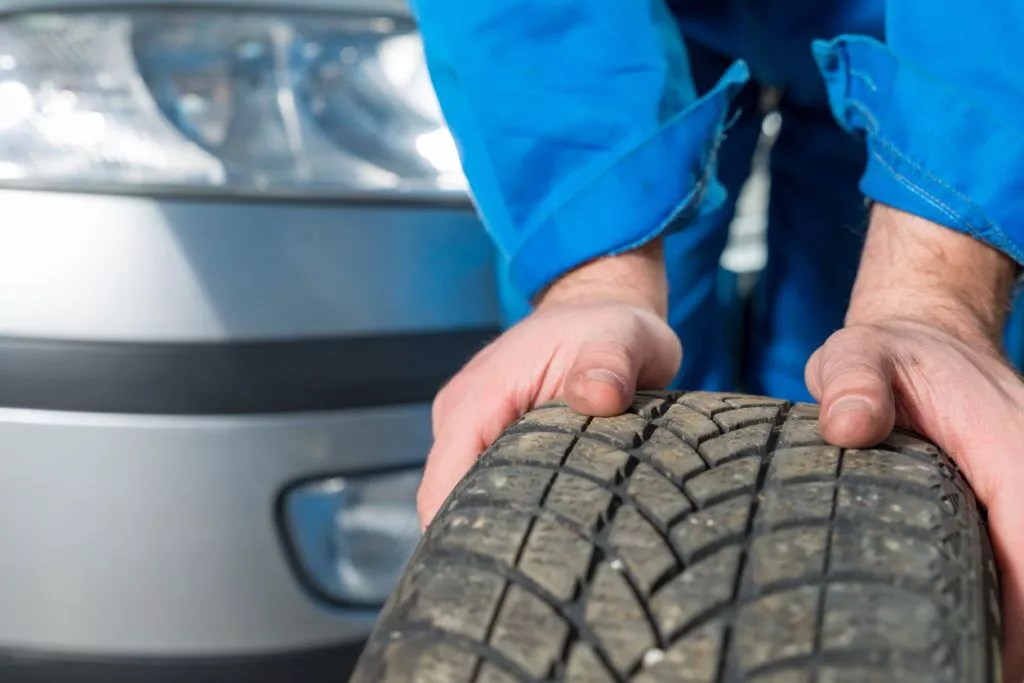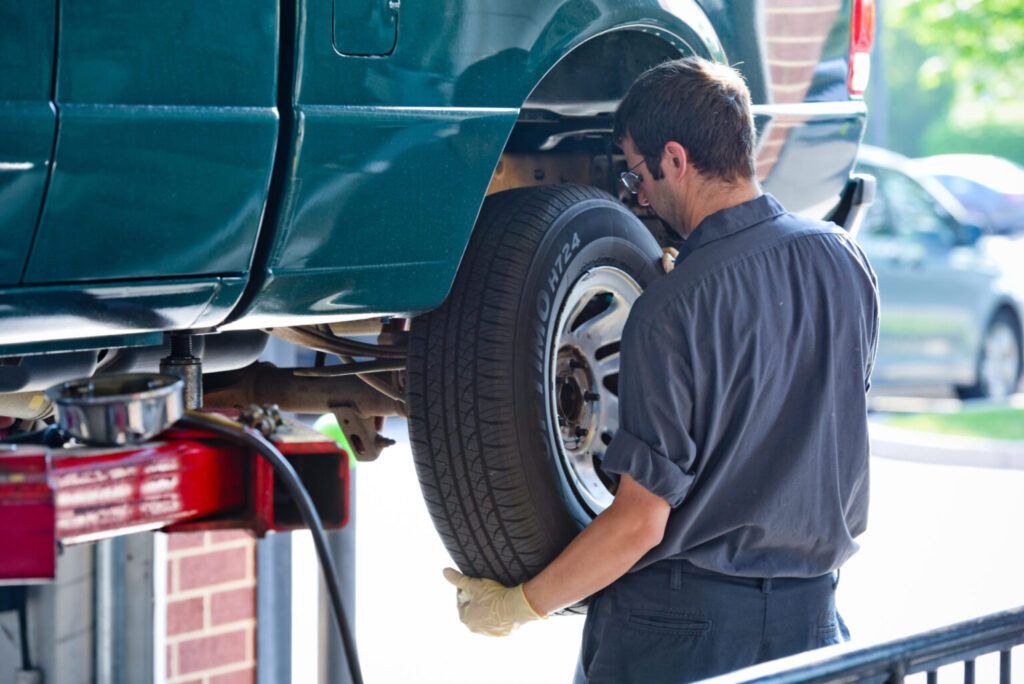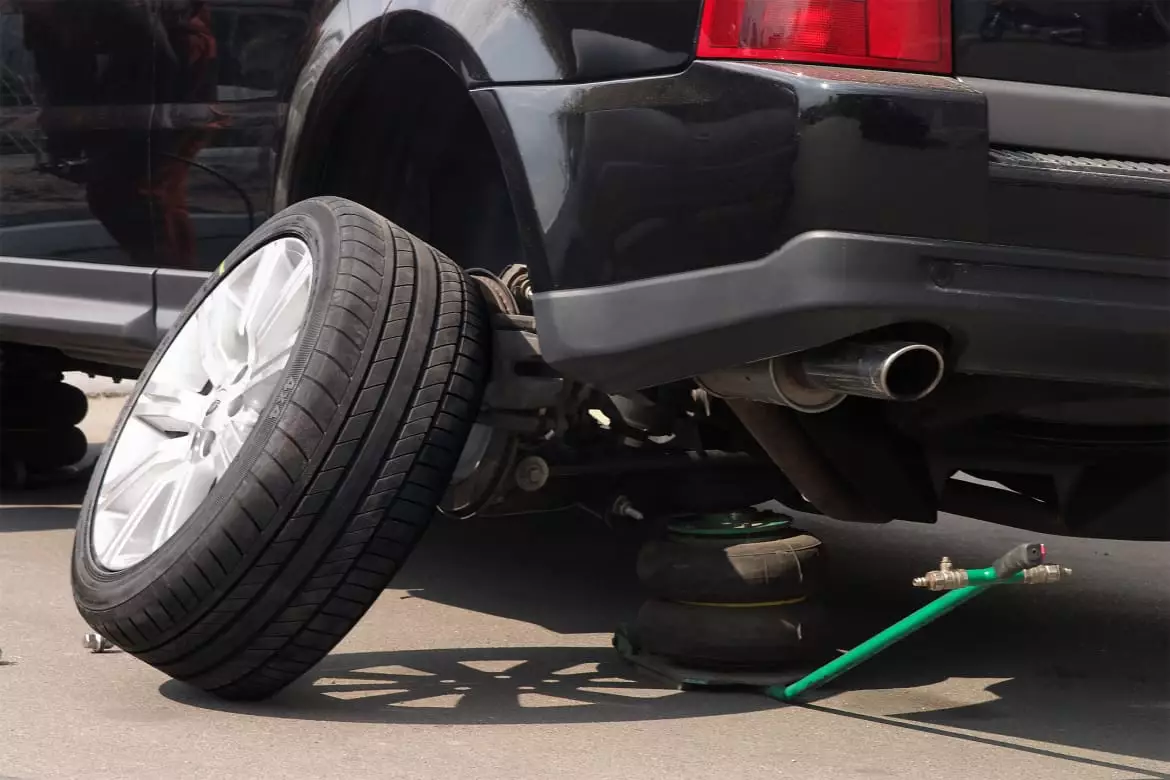It is crucial to pick the right tires for your wheels. A high-quality tire will increase your riding comfort and offer greater performance in inclement weather. It will also reduce stopping distances.
It can be difficult to make the best decision for your car’s tires. Fortunately, there is an excellent collection of tires available today, with brands such as General enabling you to locate a suitable new tire or—indeed—a replacement, very easily when your tires do expire.
How can you determine the age of your tires then? You can learn more by checking the code on the tire’s sidewall.
Wear is a much simpler factor to consider. According to tire manufacturers and safety experts, when a tire’s tread depth grinds down to 2/32 of an inch, the tire is worn out.
However, what most automobile owners want to know is how long a set of brand-new tires will last before needing to be replaced.
When Should You Replace Your Car Tires?

People have depended on tread depth for a long time to tell when a tire needs to be replaced. No matter how old it is, they presume the tire is still good if it passes the “penny test,” which is dangerous.
Regardless of the level of the tread, a tire’s rubber compounds degrade with time. Although there is no officially approved safety advice on how old a tire should be before it becomes unsafe, many automakers advise car owners to replace them six years after the date of manufacture.
Some car owners might never have a problem with old tires. The tread of a tire will wear out in 3 to 4 years if you drive an average yearly mileage of 12,000–15,000. This is far sooner than the rubber compound.
However, if you drive far less than that or just use your car on the weekends, you may have a problem with your tires.
Similar to this, there is a possibility that a second-hand vehicle could have worn-out tires. The age concerns apply to spare tires and tires that appear to be brand new but have been manufactured a long time ago.
Tire Types to Consider for Durability
The fact is that you will have to choose between performance and durability when choosing tires. You will also have to choose between a variety of characteristics, including grip and durability, because each tire has a different tread pattern and rubber composition.
For instance, you’ll need tires built with a softer rubber compound if you want better traction. Your car will have improved road contact thanks to these tires.
As a result, you can accelerate, brake, and turn more quickly without slipping. The compromise? Your tires won’t last as long since softer rubber compounds deteriorate more quickly.
Meanwhile, a tire consisting of a stronger rubber composition ages more slowly but offers less traction and handling. In turn, this might jeopardize the security of your car.
Factors Influencing the Durability of Tires

In general, maintaining your tires properly is the best way to prolong their life and keep you and your passengers safe. Here are some things to be on the lookout for:
Pressure
Tire manufacturers and automakers advise vehicle owners to check tire pressures monthly to maintain even wear. The suggested pressure level for the vehicle manufacturer may typically be found in the owner’s handbook or on the doorjamb of the automobile or truck.
Rotation
Your tires’ lifespan can be increased by rotating them. For vehicles with front-wheel drive, the front tires will deteriorate more quickly and can be switched out for the rear ones. The opposite is true for vehicles with rear-wheel drive. Models with all-wheel drive may also require rotation.
Storage
The same is true for tires abandoned in a garage, shop, or spare tire well. An unmounted tire lying in a tire store, or your garage might deteriorate more slowly than operating ones, but it will age, nevertheless.
Be Vigilant and Invest in Your Safety

Unwavering vigilance is the key to maintaining safe tires.
After confirming a tire’s manufacture date, always visually examine the rubber. The British Tyre Manufacturers’ Association has some of the best recommendations for such an examination. It advises car owners to frequently inspect tires for any aging signs, including tread deformation or significant or minor sidewall cracks.
According to the organization, tire ageing issues might also be indicated by new vibrations or changes in the tire’s dynamic qualities. If these symptoms manifest, the tire should be changed right away.
Tires are the parts of your car that have the most impact on how it stops and its handling. Spend the money and make the change immediately, if you spot any signs of advanced wear.
Your survival could depend on it.

